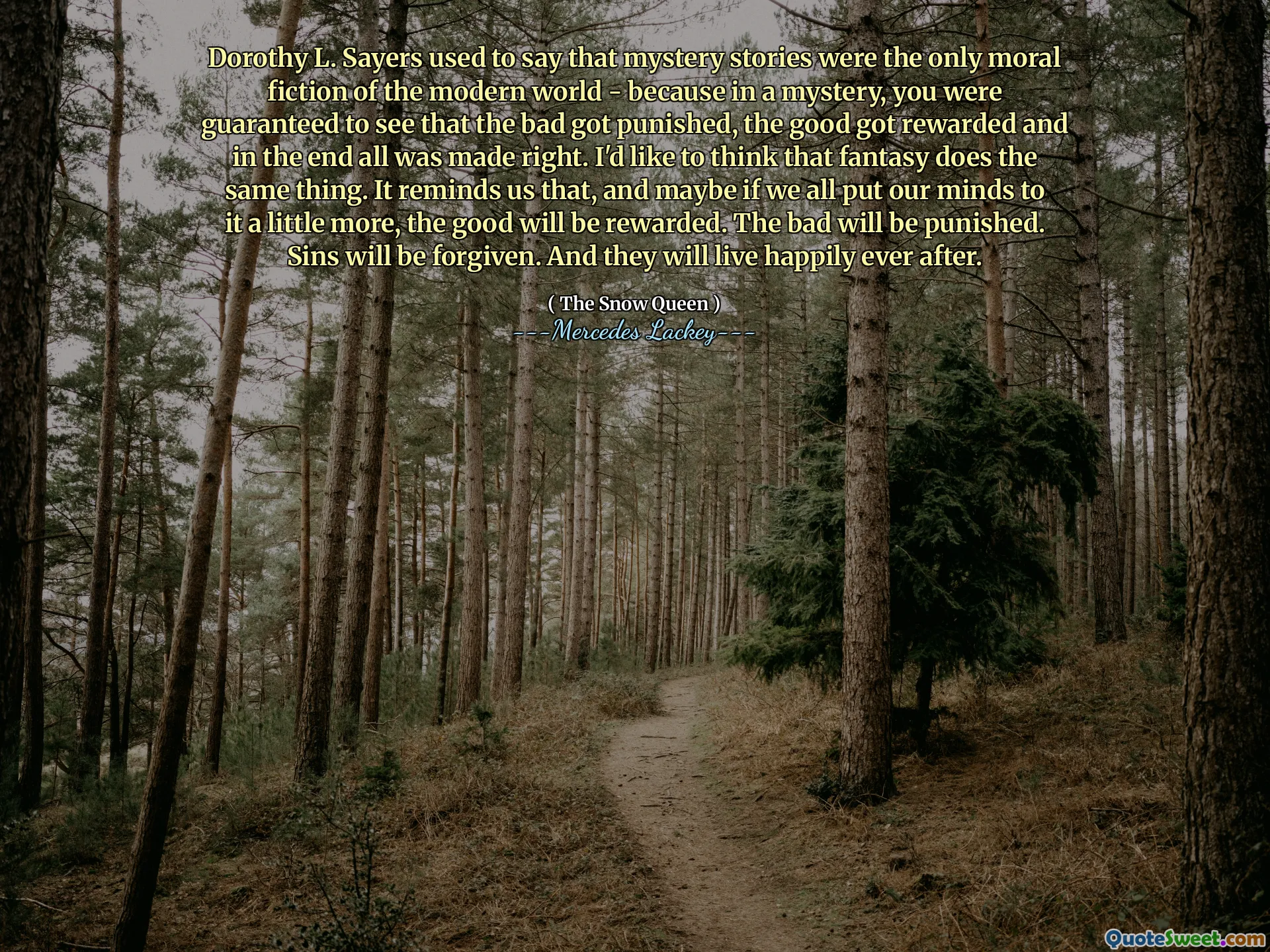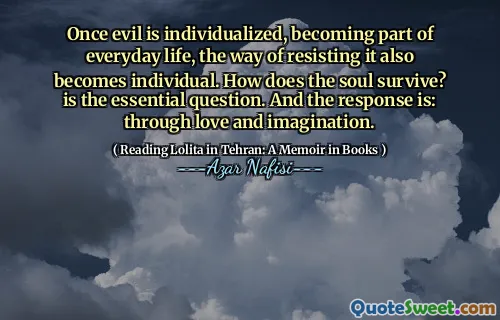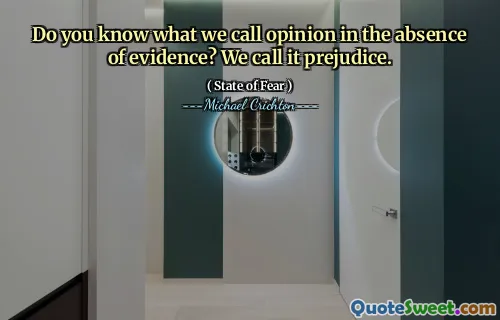
Dorothy L. Sayers used to say that mystery stories were the only moral fiction of the modern world - because in a mystery, you were guaranteed to see that the bad got punished, the good got rewarded and in the end all was made right. I'd like to think that fantasy does the same thing. It reminds us that, and maybe if we all put our minds to it a little more, the good will be rewarded. The bad will be punished. Sins will be forgiven. And they will live happily ever after.
This quote highlights the comforting and morally instructive nature of storytelling, particularly within the genres of mystery and fantasy. It reflects on the fundamental human desire for justice and moral clarity, which is often fulfilled through fiction. Mystery stories serve as a moral mirror, reassuring us that in the end, good triumphs over evil, wrongdoers face consequences, and virtue is rewarded—a narrative pattern that provides a sense of hope and order amidst life's uncertainties. Extending this idea to fantasy, the quote suggests that escapist fiction can also reinforce these moral principles, offering a universe where dreams and ideals are realized, sins are forgiven, and happiness prevails. This perspective underscores the importance of stories as moral guides, shaping our understanding of justice, redemption, and hope. It reminds us that fiction acts as a reflection of our deepest aspirations—fairness, harmony, and moral balance—allowing us to believe in a better world. Moreover, the mention of putting our minds to it hints at the collective responsibility we bear in striving towards these virtues in real life, inspired by the moral lessons fiction provides. Ultimately, the quote affirms that narratives, whether rooted in mystery or fantasy, are vital for nurturing our moral compass and inspiring us toward goodness in our own lives.






